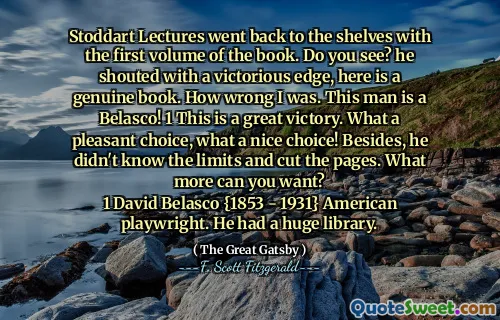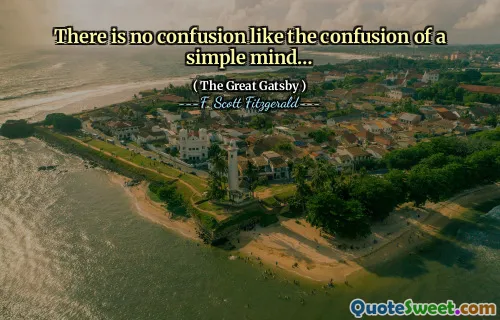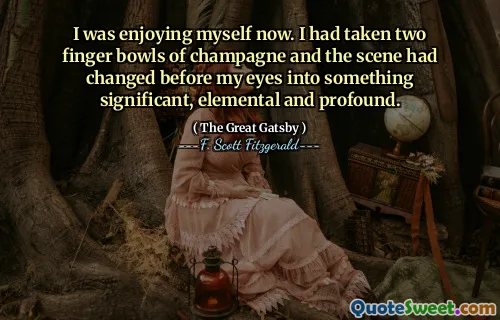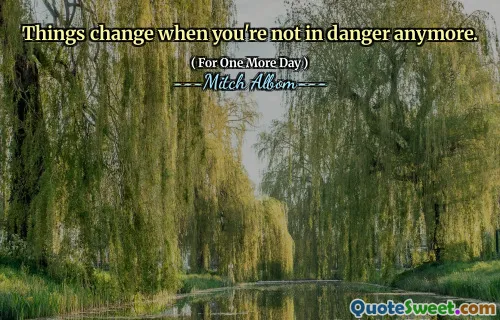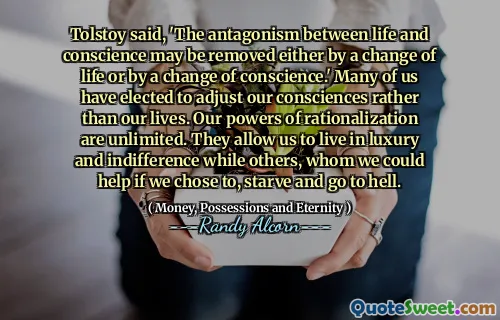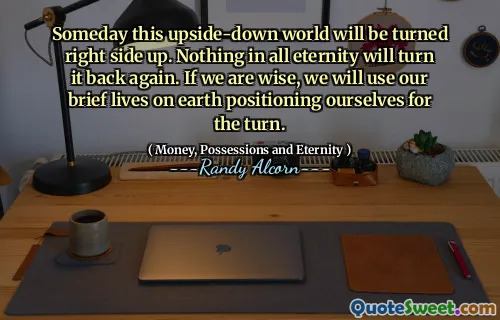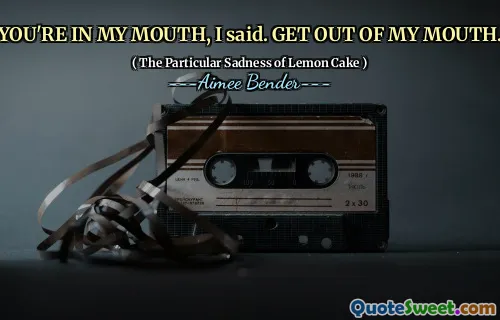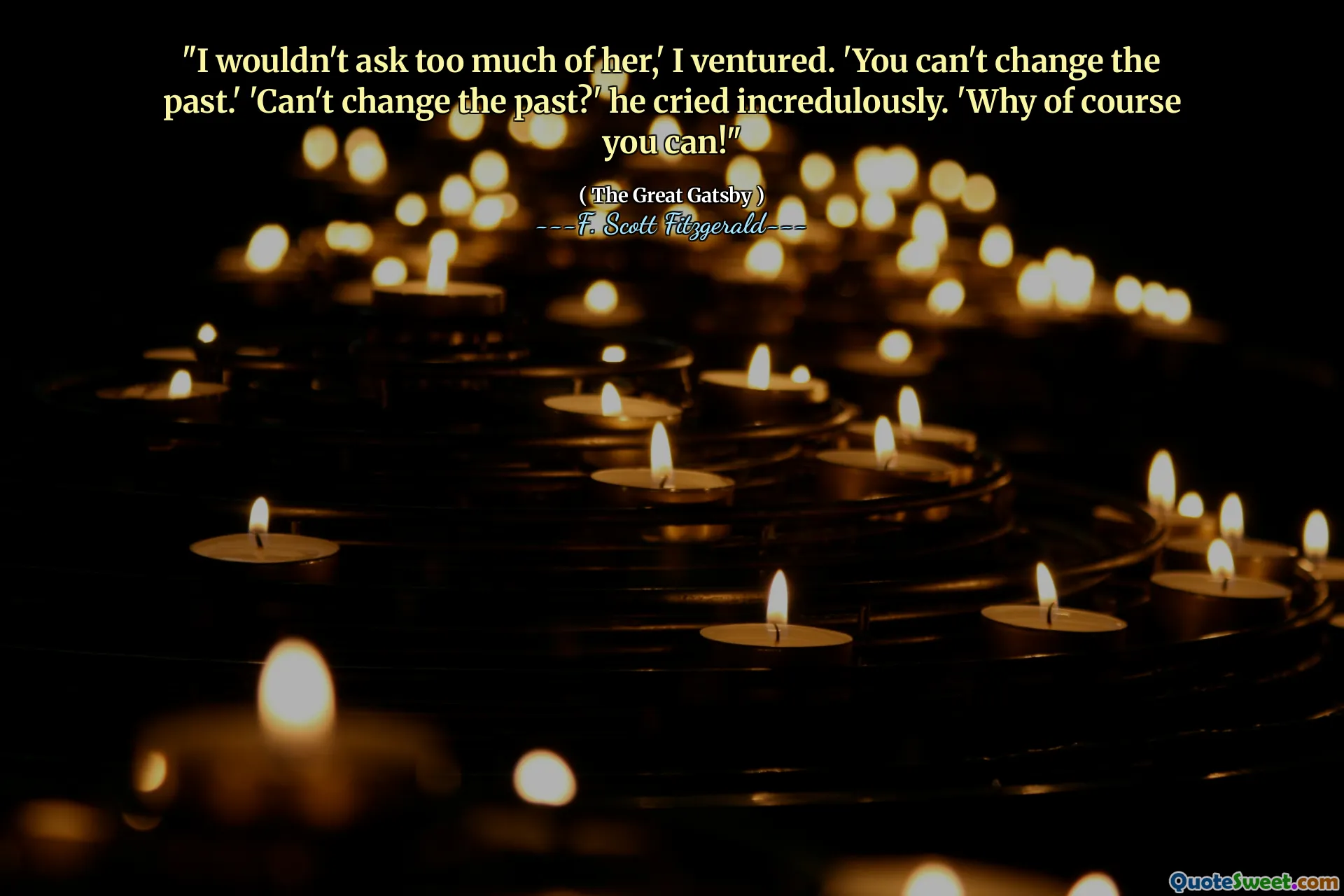
"I wouldn't ask too much of her,' I ventured. 'You can't change the past.' 'Can't change the past?' he cried incredulously. 'Why of course you can!"
This exchange from The Great Gatsby encapsulates a profound tension between acceptance and ambition, between the weight of past mistakes and the human desire to rewrite them. The initial skepticism of changing the past resonates with a universal understanding that what has already happened is immutable, a foundational perspective in physics and philosophy alike. Yet, Gatsby's passionate rebuttal underscores a fundamental facet of human nature: the hopeful denial of finality in our actions and decisions. His incredulous declaration, "Why of course you can!", can be seen as emblematic of his desperate quest to recapture and rewrite his personal history, particularly his romanticized memories with Daisy.
On a deeper level, this quote challenges us to consider what "changing the past" truly means. While time travel remains fictional, altering how we perceive and react to our past is very much within reach. We reshape our narratives, reinterpret our failures and successes, and often allow these reframed memories to influence our present and future actions. Gatsby's belief isn't merely literal; it is aspirational, reflecting an intense hope that we can undo regret and recreate meaning.
While his optimism teeters on the edge of delusion, it humanizes him and invites readers to reflect on their own attitudes toward the past. After all, how many of us cling to dreams of restarting chapters or undoing moments we wish never happened? This dialogue poignantly captures the tension between the inexorable flow of time and our persistent yearning for second chances and renewal.
